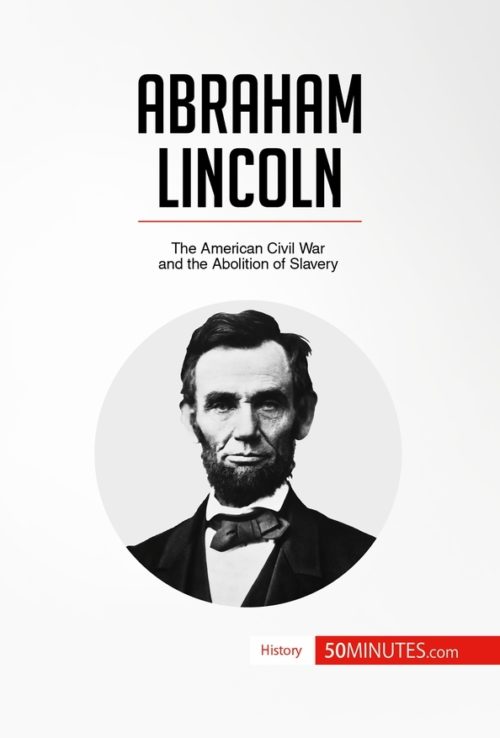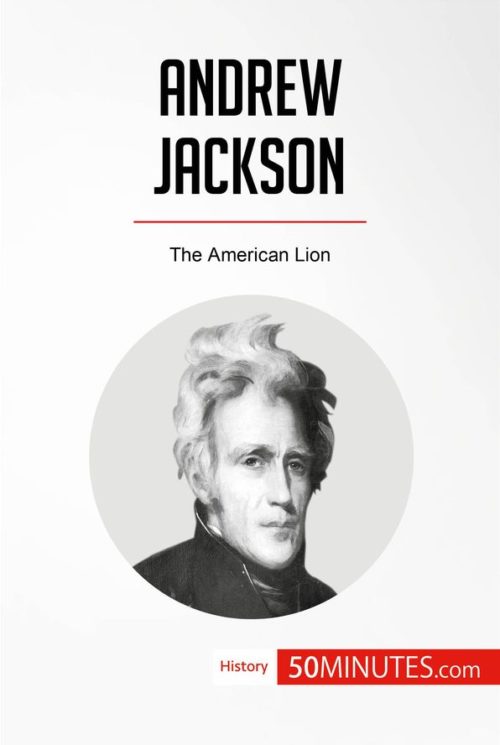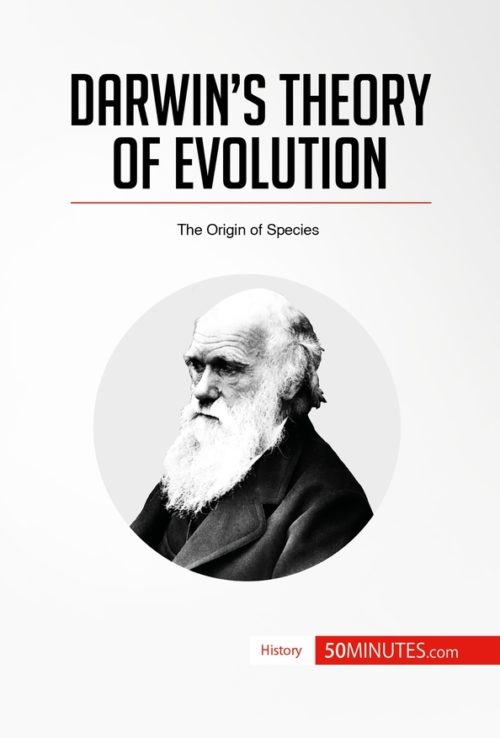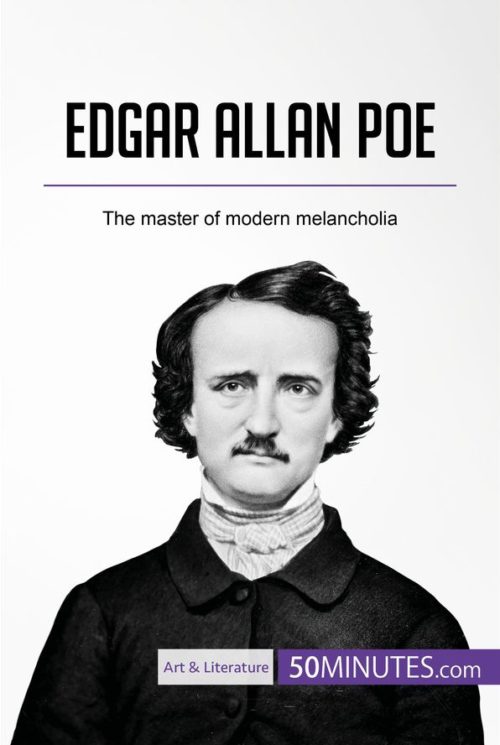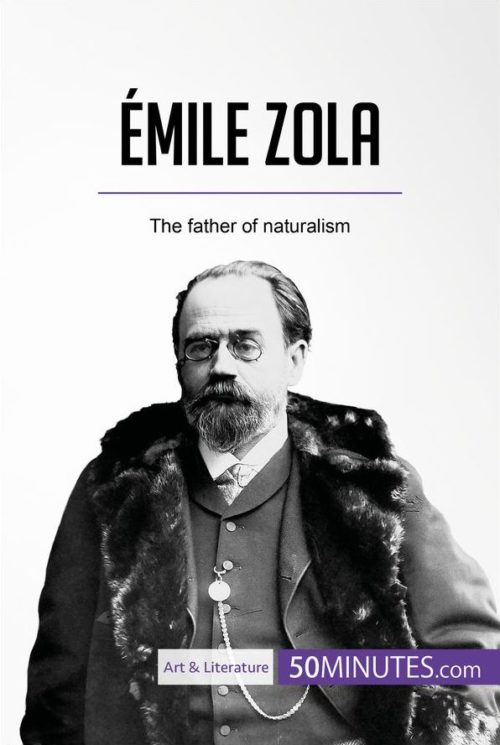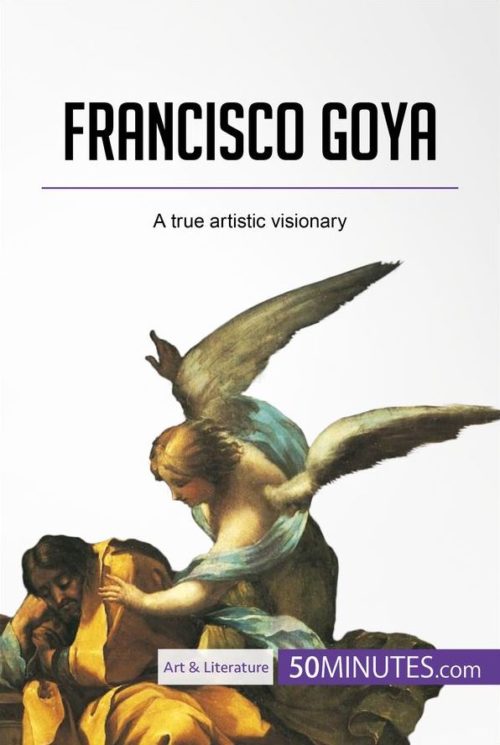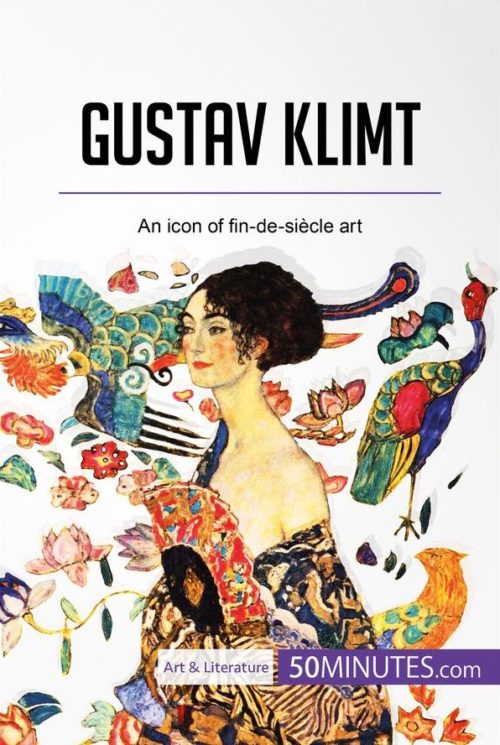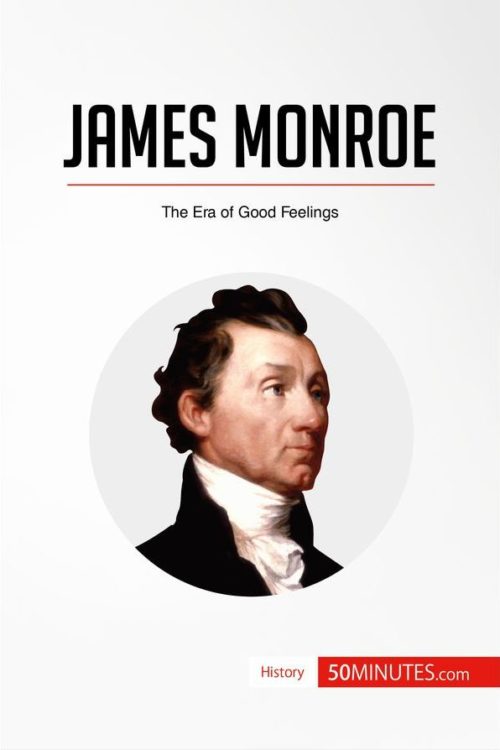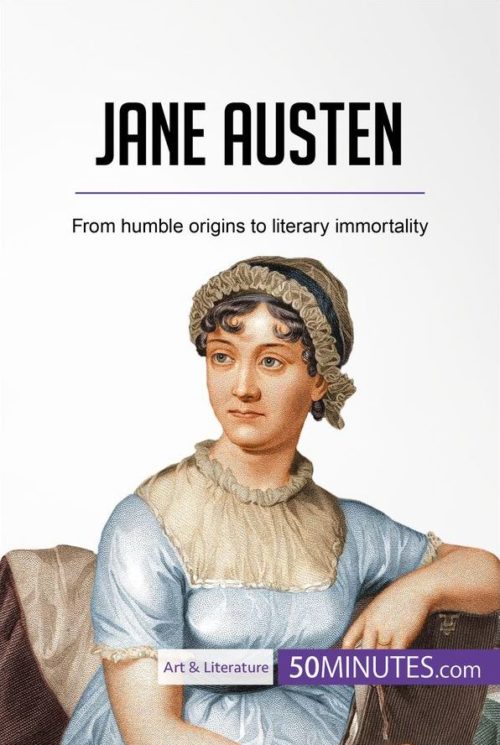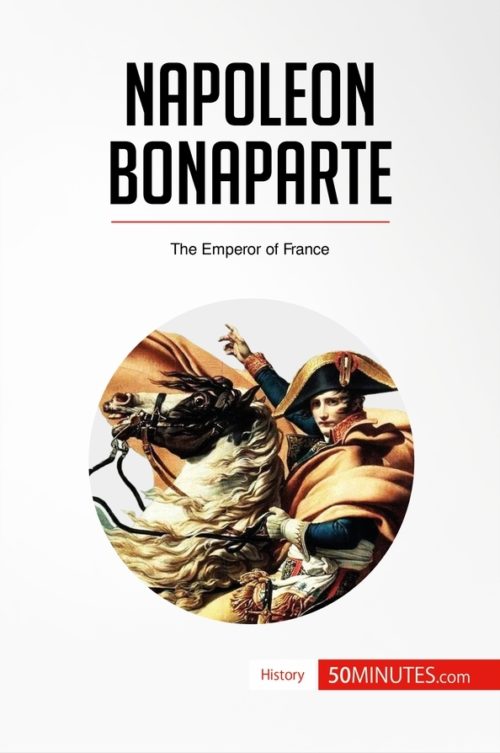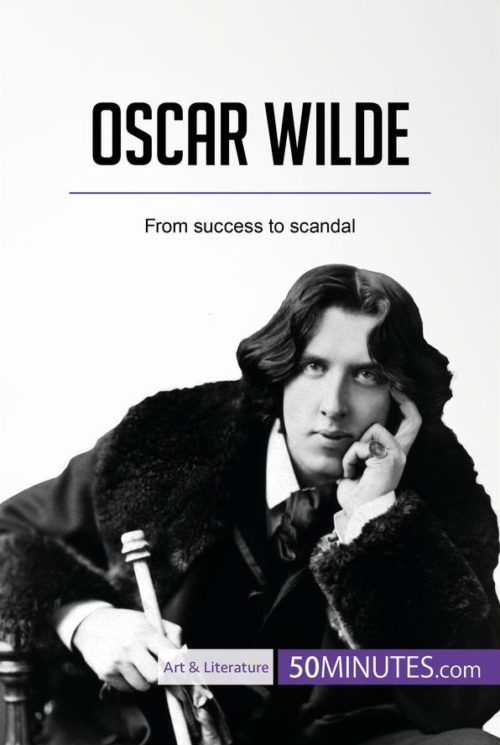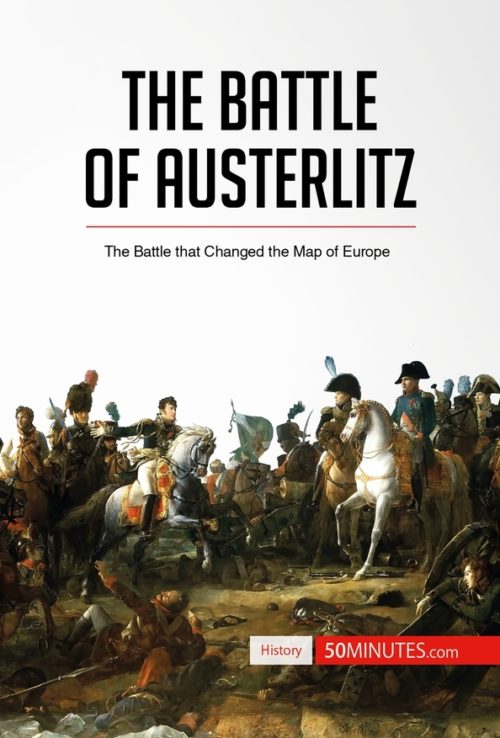Abraham Lincoln was the 16th President of the United States and remains one of the most important figures in American history. Known in particular for leading the Union to victory in the American Civil War and ending slavery through the Emancipation Proclamation, this iconic leader oversaw a period of profound social change, economic modernization and territorial expansion, and paved the...
Read more
-
Andrew Jackson was the 7th President of the United States of America. After his heroic leadership during the Battle of New Orleans in 1815, Jackson was celebrated as a national hero, and this popularity helped carry him to the White House in 1828. During his two terms at the head of the young nation, the man known as the American Lion strengthened the...
Read more -
In 1859, Charles Darwin’s seminal book On the Origin of Species by Means of Natural Selection was published and presented the groundbreaking idea that all species on Earth are the result of a slow process of evolution and continue to evolve as part of the struggle now commonly known as the survival of the fittest. Darwin’s conclusions were the fruit...
Read more -
Edgar Allan Poe is one of the most fascinating, enigmatic figures in modern literary history. As the leading figure of American Romanticism who drew particular inspiration from the Gothic tradition, Poe set many of his works in singularly haunting atmospheres, while also pioneering new literary styles based on psychological horror. In just 50 minutes, you will find out about the...
Read more -
The French novelist Émile Zola was one of the most celebrated writers of the 19th century and remains one of the most widely read, translated and studied authors in the world. He was the leading figure of the literary school of naturalism, which sought to apply experimental scientific methods to literature, and an outspoken critic of injustice in all its...
Read more -
Francisco Goya lived and worked in Spain during the 18th and early 19th centuries, and produced some of the country’s most important artistic masterpieces. As part of his work as court painter for the Spanish Crown, he produced a number of fine portraits, while his personal works tend to focus on darker themes and social criticism. In just 50 minutes,...
Read more -
Gustav Klimt was born in Vienna, which in the late 19th and early 20th centuries was a thriving, cosmopolitan metropolis. In 1897, he helped to found the Vienna Secession, an artistic movement which broke with the academic tradition and was closely associated with Art Nouveau. In just 50 minutes, you will find out how Klimt revolutionized the artistic scene both in...
Read more -
James Monroe was the 5th President of the United States of America. Known in particular as a great diplomat – he was ambassador, Senator and Secretary of State before being elected – Monroe led America during a time known as the “Era of Good Feelings”. In spite of the relative prosperity of these years, Monroe had to deal with tensions...
Read more -
Napoleon Bonaparte was a military and political leader and Emperor of the French from 1804 to 1814. He steered France through a time of intense internal and external conflict and took part in decisive military engagements such as the Battle of Austerlitz. Besides his military campaigns throughout Europe, he also established civil institutions which exist in France to this day, such...
Read more -
Oscar Wilde remains one of the most captivating writers of all time, known as much for his witticisms as for his humorous, though-provoking writing. As a leading figure of Aestheticism and a passionate proponent of art for art’s sake, he sought beauty everywhere and produced works across a range of genres which conceal deeper messages beneath their apparently superficial exterior....
Read more -
The Battle of Austerlitz, also known as the Battle of the Three Emperors, was a crucial episode of the Napoleonic Wars and is widely seen as one of Napoleon Bonaparte's greatest successes. On 2 December 1805, Napoleon's Grande Armée showed its tactical and technological superiority over its enemies, inflicting a crushing defeat on the forces of the Russian Empire and the Holy Roman Empire. However, the battle...
Read more
